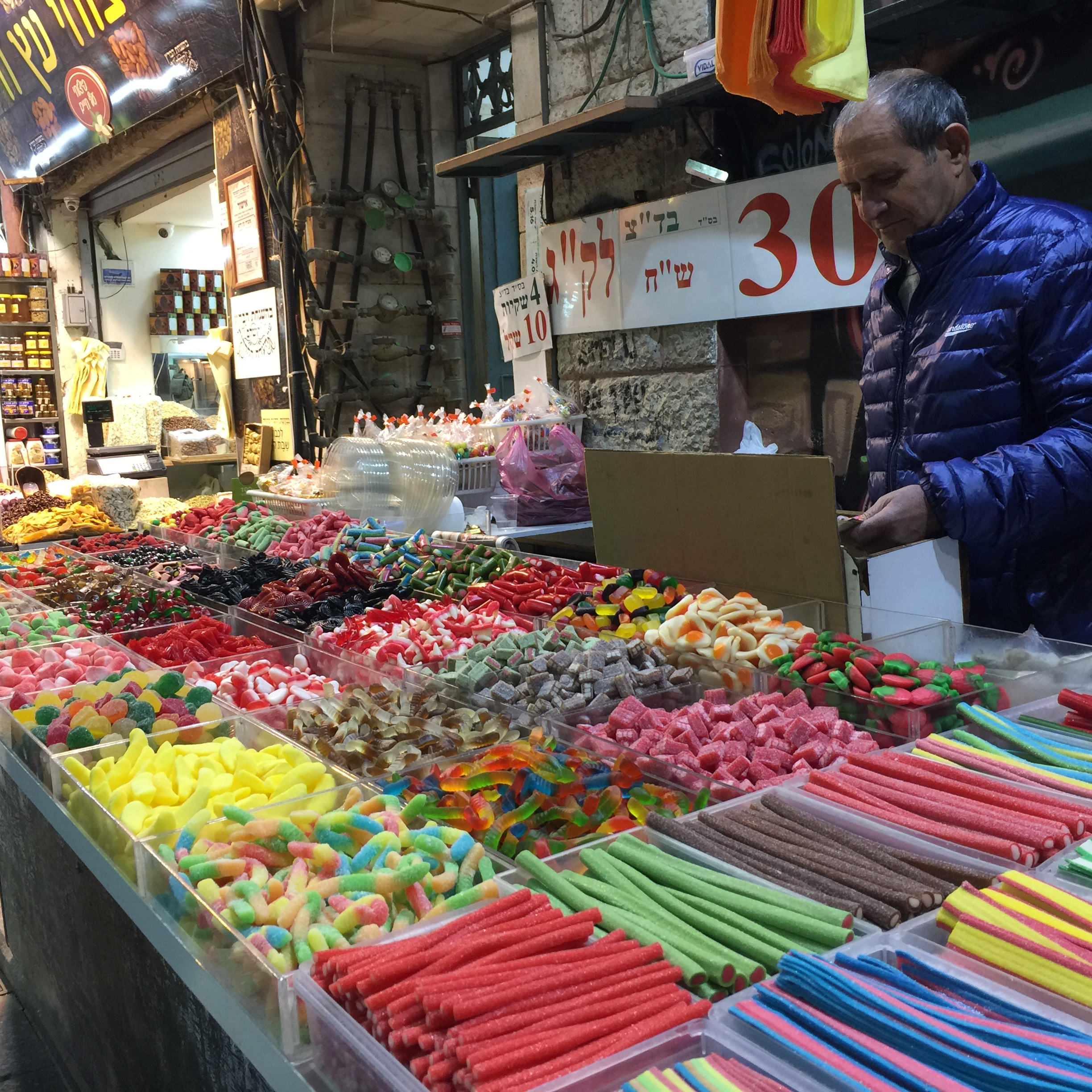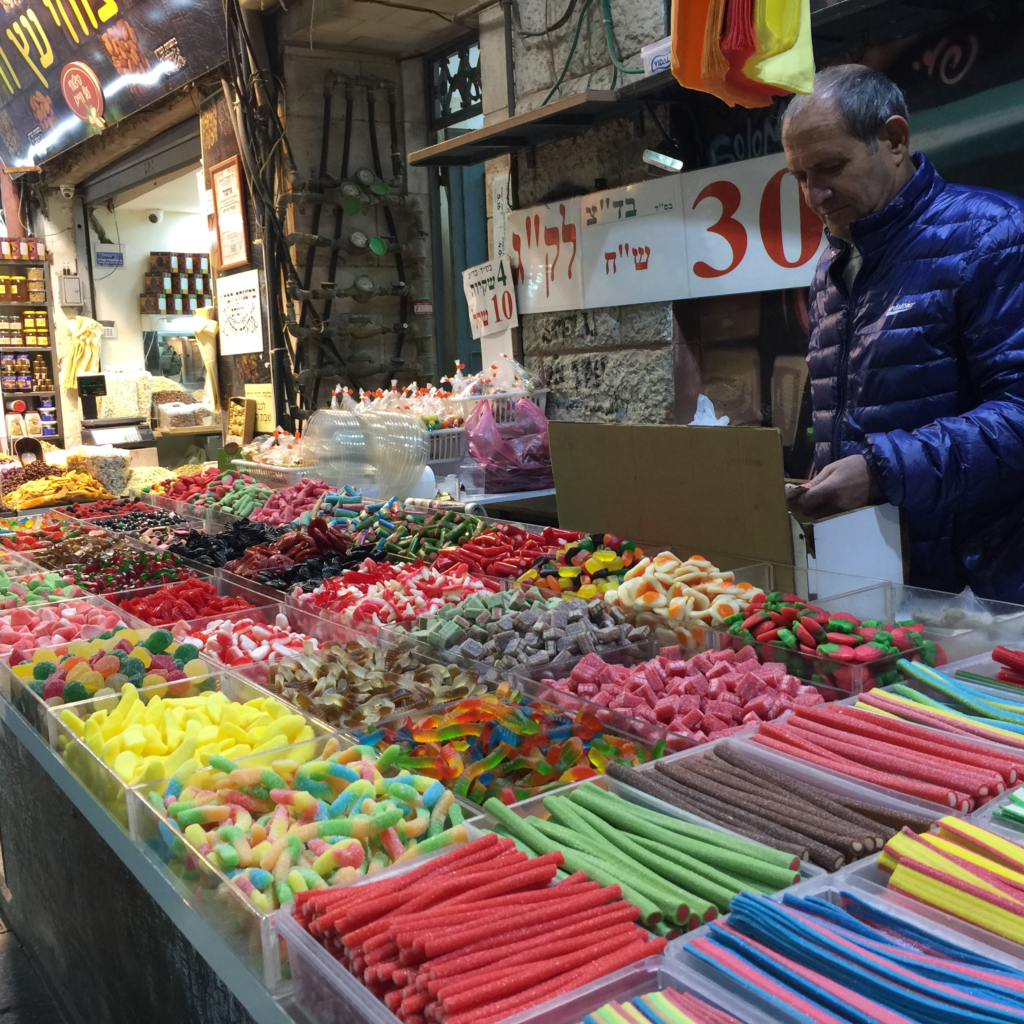
06 Sep 2018 Parshas Nitzavim – Who is Israel?
 In this week’s parsha, Parshas Nitzavim, Moshe Rabbeinu leaves us with the final messages of this year. As we are about to enter into 5779, with Rosh Hashana upon us, we take Moshe’s words with us.
In this week’s parsha, Parshas Nitzavim, Moshe Rabbeinu leaves us with the final messages of this year. As we are about to enter into 5779, with Rosh Hashana upon us, we take Moshe’s words with us.
The pasuk (verse) says: אַתֶּם נִצָּבִים הַיּוֹם כֻּלְּכֶם, לִפְנֵי ה׳ אלקיכם: רָאשֵׁיכֶם שִׁבְטֵיכֶם, זִקְנֵיכֶם וְשֹׁטְרֵיכֶם, כֹּל, אִישׁ יִשְׂרָאֵל – You are standing today, all of you, before Hashem, your G-d: Your heads, your tribes, your elders, and your officers – all the men of Israel; טַפְּכֶם נְשֵׁיכֶם–וְגֵרְךָ, אֲשֶׁר בְּקֶרֶב מַחֲנֶיךָ: מֵחֹטֵב עֵצֶיךָ, עַד שֹׁאֵב מֵימֶיךָ – your small children, your women, and your convert who is in the midst of your camp, from the hewer of your wood to the drawer of your water; for you to pass into a covenant of Hashem, your G-d, and into His oath that Hashem, your G-d, forges with you today (Devarim 29:9-11).
Rashi teaches (29:9) מְלַמֵּד שֶׁכִּנְּסָם מֹשֶׁה לִפְנֵי הַקָּבָּ”ה בְּיוֹם מוֹתוֹ לְהַכְנִיסָם בַּבְּרִית – from here we learn that Moshe gathered them before The Holy One, blessed be He, on the day of his death, to enter them into the covenant with G-d.
R’ Mordechai Kamenetzky writes, “The terminology Moshe uses to identify the people is quite curious. He calls upon “כֹּל, אִישׁ יִשְׂרָאֵל – all the men of Israel.” He does not say “kol ish b’Yisrael – all men in Israel,” nor does he say, “Kol Yisraeli – all Israelites.” Instead, he uses a term that literally translates as ‘each of you is Israel’.”
What is the lesson and message that Moshe here seeks to impart, on his final day as a resident and sojourner in this world?
R’ Kamenetzky answers as follows: “Moshe specifies all types of Jews: men, women and children. He details a variety of occupations, water drawers and wood-hewers. But he prefaces all those Jews who gathered by identifying them with three simple words: כֹּל אִישׁ יִשְׂרָאֵל – Every one of you is Israel. With those three words, Moshe relays a subtle, yet supremely powerful, message.
“Whatever we do, or however we identify ourselves on a mundane level, we must remember the words כֹּל אִישׁ יִשְׂרָאֵל. First and foremost, we are Jews – in the eyes of our Creator and in the eyes of everyone on earth. We are not carpenters, we are not lawyers, we are not doctors; we may not even be men, women or children – we are Jews.
“As Churchill told his troops before they went to war, ‘Remember! You are England!’ Moshe tells his nation to remember that in every aspect of our life, our Yiddishkeit (Judaism) transcends any other factor. Though we may do all types of work, though we may act all different ways, though we may think all sorts of ideas; we are Israel!” (Parsha Parables, p.686-687)
On his final day of life, and on our last Shabbos of the year, Moshe reminds us of the paramount importance, responsibility and merit of כֹּל אִישׁ יִשְׂרָאֵל – Every one of you is Israel. We all have many tasks in life, many faces and facets, many ways of identifying ourselves. But first and foremost, we must always know that every single individual – from men to women, children to elders, wood choppers and water drawers – IS Israel.
Perhaps here, in the powerful opening of the parsha, there is another lesson for us all. While some of Israel are scholars and teachers, intellectuals and leaders; some are men and some are women; there are the very young and very old; we have wood choppers and water drawers – each and every person makes up the entirety of Israel. No Jew is more important than the next, no job is more glorified than another, no class is more elevated. As long as each person strives mightily to live up to his or her own unique tafkid (task) in this world, and to serve Hashem and fellow man using the talents and strengths that G-d has bestowed upon him, the water drawer can – and should! – stand proudly next to the leader of tribes. For each one is Israel.
While we each must be cognizant of our own tafkid, strengths, talents and resources, we must be sure to be cognizant of the same in our fellow man. Woe unto he who thinks his intelligence, wealth, life situation, occupation or social standing makes him better than the person next door! On the last day of his life, Moshe called together the entirety of the nation, and had them stand shoulder to shoulder, with solidarity and acceptance for, and of, all.
When the gaon olam and gadol, R’ Chaim Brisker (1853–1918) zt’l, was five years old, he became deathly ill, but experienced a miraculous recovery. He told his family that he knew which zechus (merit) had saved his life. In his class at cheder (school), there had been a boy whose father had died. One day, a boy whose father was wealthy did something wrong, but rather than blame the rich man’s son, the rebbe, who knew who the real culprit was, placed the blame on the orphan. Young Chaim Brisker stood up and left the class. He told his father, the Beis HaLevi (HaGaon R’ Yosef Dov Ha’Levi Soloveitchik, zt’l, 1820-1892), what had happened and declared that he would never return to learn from a rebbe who could mistreat an orphan. From that day on, the Beis HaLevi learned privately with his son.
Now Chaim told his father that in his unconscious state – as a sick child of five years old, who hovered between life and death – he had seen the orphan’s father plead for mercy on his behalf before the Heavenly tribunal (Rav Belsky, Artscroll, p.333).
As we leave one year behind and begin a new year, these words, כֹּל אִישׁ יִשְׂרָאֵל, should ring true to us all. We must remember that each of us is a whole world, and each of us is a unique and special person and Jew, who represents all of Israel. No matter where we are or what we do – first and foremost, I must know and proudly declare: I am a Jew.
And yet, that is not enough! It is not enough to know, appreciate and recognize my own worth. If I only know that I am a Jew, that I am כֹּל אִישׁ יִשְׂרָאֵל, I have failed. For the person who stands next to me, be he the greatest mind and scholar of the generation or the simple man of menial labor, is also כֹּל אִישׁ יִשְׂרָאֵל. And when we can stand shoulder to shoulder and heart to heart, and gather together to enter into the covenant with Hashem, then we will truly merit the illustrious title and badge of honor: כֹּל אִישׁ יִשְׂרָאֵל.
בברכת שבת שלום, בשורות טובות, וכתיבה וחתימה טובה,
Michal



Vivian lerer
Posted at 11:07h, 06 SeptemberWonderful theme to accept and practice in the year to come
Kol hakavod
Shana Tova
Mindy kleinkaufman
Posted at 09:28h, 07 SeptemberBeautifully said.
I appreciate your uplifting words of wisdom.
May הק״בה continue to give you that special talent to be מרביץ תורה.
בברכת שבת קודש ובברכת שנה טובה ומתוקה